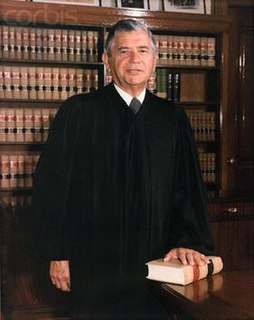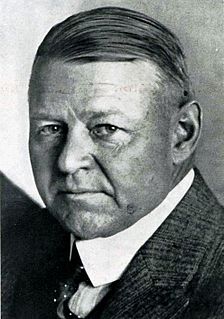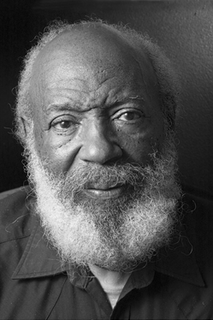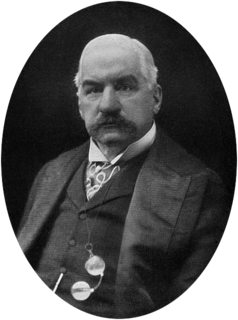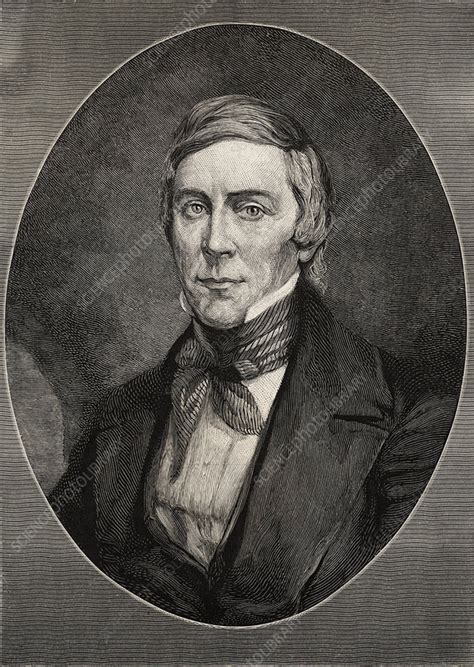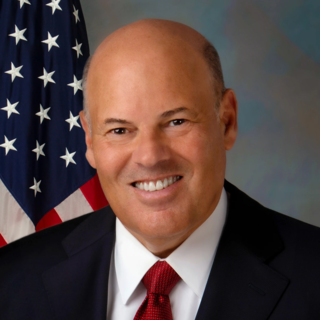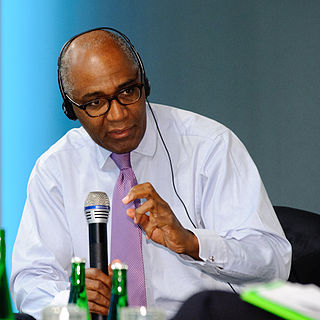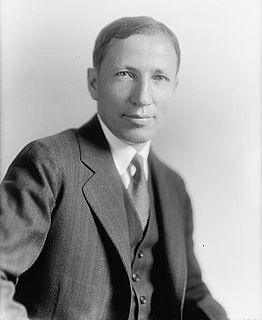A Quote by Irving Kaufman
No other profession is subject to the public contempt and derision that sometimes befalls lawyers. the bitter fruit of public incomprehension of the law itself and its dynamics.
Related Quotes
But it is recognized that punishment for the abuse of the liberty accorded to the press is essential to the protection of the public, and that the common law rules that subject the libeler to responsibility for the public offense, as well as for the private injury, are not abolished by the protection extended in our constitutions. The law of criminal libel rests upon that secure foundation. There is also the conceded authority of courts to punish for contempt when publications directly tend to prevent the proper discharge of judicial functions.
If you just needed the skills to pass the bar, two years would be enough. But if you think of law as a learned profession, then a third year is an opportunity for, on the one hand, public service and practice experience, but on the other, also to take courses that round out the law that you didn't have time to do.
Don't talk to me about appealing to the public. I am done with the public, for the present anyway. The public reads the headlines and that is all. The story itself is fair and shows the facts. That would be all right if the public read the facts. But it does not. It reads the headlines and listens to the demagogues and that's the stuff public opinion is made of.
In the statement accompanying the text of Lahore Conspiracy Case Ordinance, the Viceroy had stated that the accused in this case were trying to bring both law and justice into contempt. The situation afforded us an opportunity to show to the public whether we were trying to bring law into contempt or whether others were doing so.
